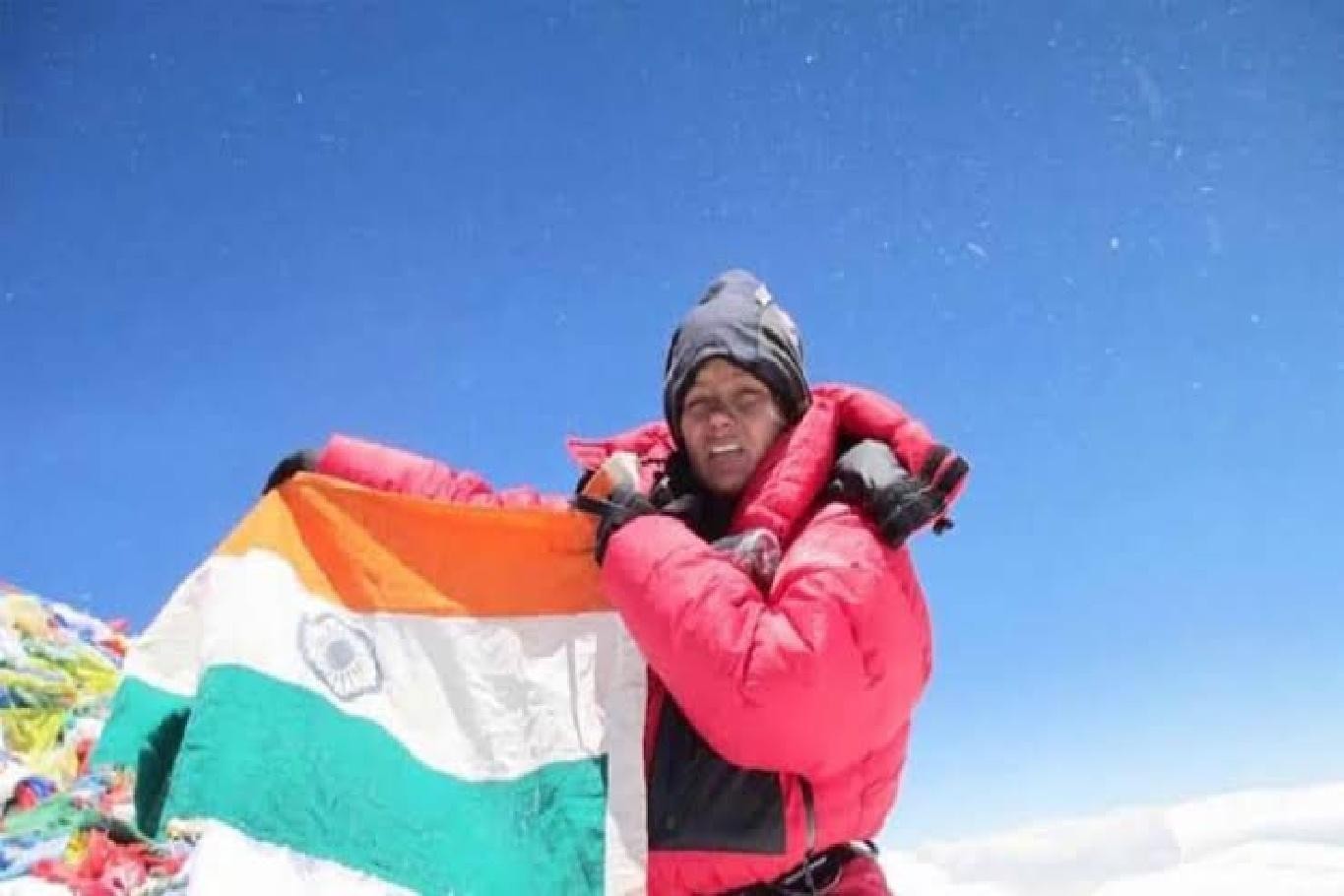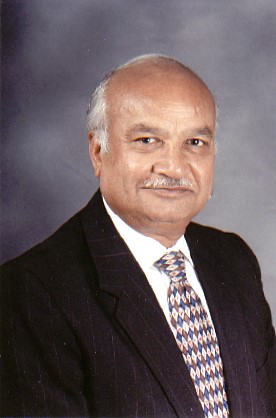
Bachendri Pal, born on May 24, 1954, in Nakuri, India, is a renowned Indian mountaineer. In 1984, she achieved a historic milestone by becoming the first Indian woman to conquer Mount Everest.
Pal hails from a humble background in what is now Uttarakhand, being one of seven siblings. Despite encountering resistance from her family and relatives, she pursued her passion for mountaineering instead of opting for a conventional career as a schoolteacher. Despite the initial challenges, she excelled in her field. After successfully scaling several smaller peaks, she was chosen to join India’s inaugural mixed-gender expedition to Mount Everest.
During the expedition in May 1984, the team faced a near-tragic setback when an avalanche struck their camp, leading to injuries and fatigue forcing many members to abandon the climb. Undeterred, Pal and the remaining team members persevered, and she reached the summit on May 23, 1984, marking a historic achievement.
Her triumph garnered widespread acclaim, leading her to further mountaineering feats. In 1985, she returned to Mount Everest, this time leading an all-woman team to conquer the summit. Additionally, Pal led an all-woman rafting expedition along the Ganges River in 1994, covering an impressive distance of over 1,500 miles (2,500 km). In 1997, she led another all-woman team on a successful 2,500-mile (4,000-km) traverse of the Himalayas, starting from Arunachal Pradesh and concluding at the Siachen Glacier.
For her outstanding contributions, Pal was honored with the Padma Shri in 1984, one of India’s highest civilian awards, recognizing her remarkable achievements in mountaineering and leadership.











